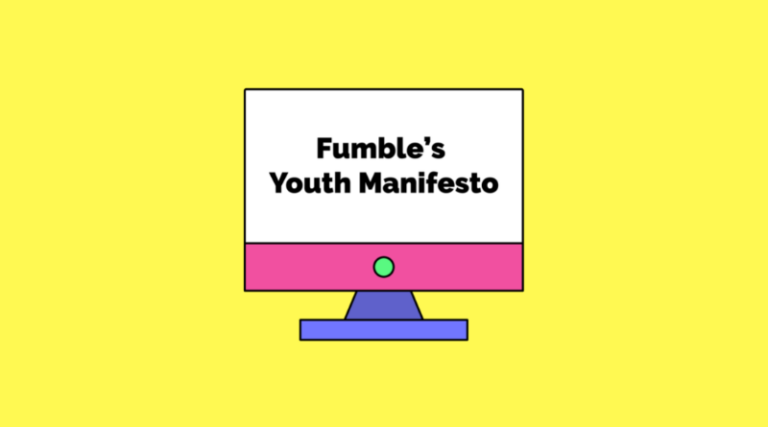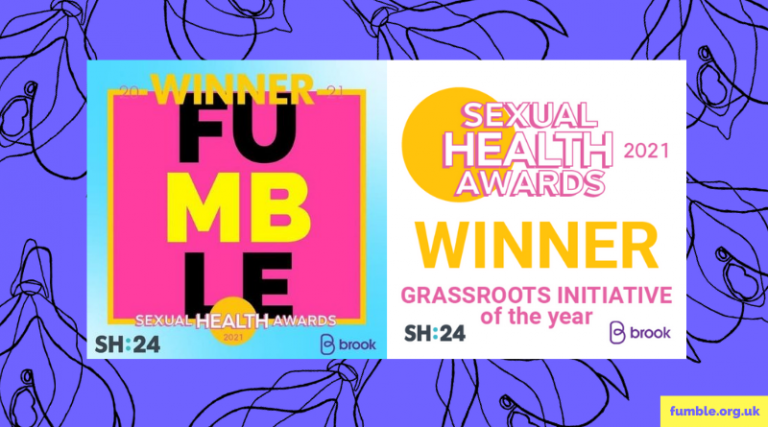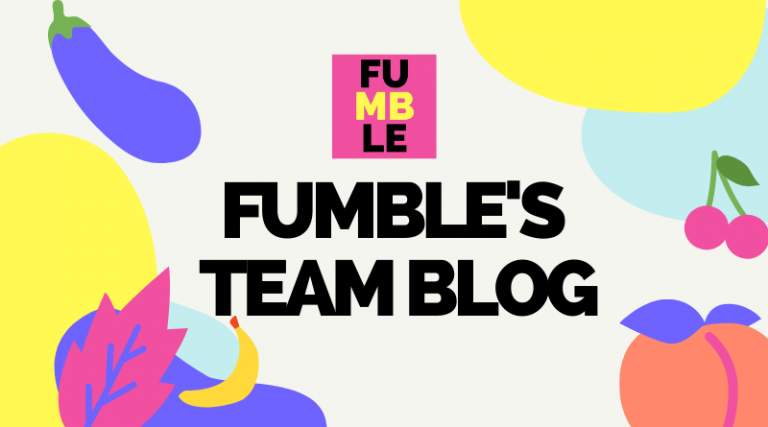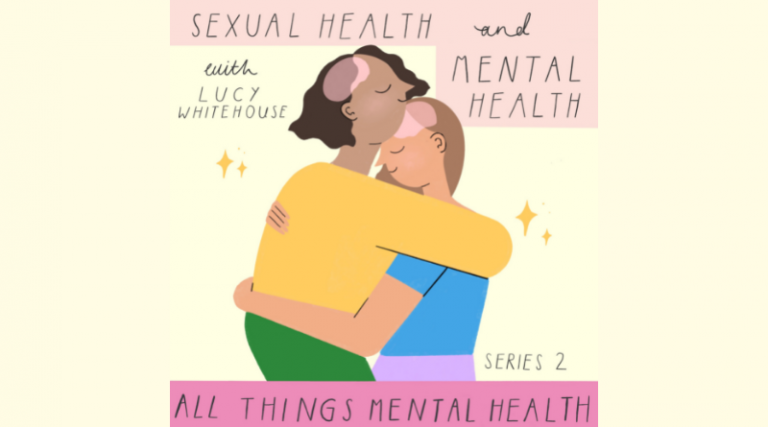Why online sex ed for disabled people matters
Here Romla, who lives with a form of Muscular Dystrophy, explains why online sex education needs to be inclusive of disabled people
Disabled people have long been excluded from conversations about sex and pleasure, as it’s not been seen as necessary. This exclusion puts disabled children and young people at greater risk of abuse and sexual assault than non-disabled people. From sex education in schools excluding disabled people, to incorrect assumptions that disabled people are asexual or cannot have erections, it’s time for change.
Mainstream relationships and sex education mostly focuses on the experiences and needs of cisgender, heterosexual, white, able-bodied people. Where there’s a lack of representation in sex education in schools, the internet is where young people turn to.
In fact, online platforms hold just as much importance. Fumble’s recent survey of young people, aged 11-25 in the UK, found that 92% of respondents go online for questions about relationships, sex and wellbeing. Reasons for going online include wanting more information, to hear other people’s views and experiences, and to search for answers in private.
What needs to change?
Fumble have launched a Youth Manifesto that shouts about the changes young people want to see, when it comes to accessing relationships and sex education online. One of these changes is inclusive sex education. Disabled people are in no way limited in their sexuality or desires and needs. We have the same variety of sexuality and gender identities as everyone else, and this should be understood and embraced.
The internet is a quick and easy way for young people to search for the answers to their questions about relationships and sex. However, it can be exclusionary and it’s not always clear what information you can trust. The content out there primarily focuses on white cis-het relationships and appeals to the male gaze. Articles like ‘5 signs your boyfriend is unhappy’ or ‘How to keep your partner interested in you’ can leave a reader feeling inadequate.
Similarly, Fumble’s research found that over 50% of young people turn to porn to learn about sex and intimacy, although most did not find it useful. Porn rarely captures the complexities of sex, like consent and boundaries. When disabled people are featured in porn, there is often a hyper-fixation on the fact that the person’s disabled, instead of showing a true representation of what sex for a consenting disabled person is like.
Another issue in the online world is social media platforms censoring sex education accounts like Fumble. Many disabled people and other marginalised people have also reported being shadowbanned on platforms like TikTok and Instagram for posting content that many cisgender, white, non-disabled people (particularly famous people) do not get banned for.
In fact, in 2019 TikTok admitted to deliberately preventing content from disabled users from going viral in an attempt to reduce bullying on the platform, rather than banning cyberbullies.
A happier, healthier online world – for all
Despite the challenges of navigating the online world as a young person, being able to access online information on sex, relationships and intimacy gives young disabled people a way to take control of our sexuality and sexual health. As someone with a form of Muscular Dystrophy, the online word has allowed me to learn about relationships and sex from people that I feel I can relate to.
I’ve been able to access information created by young disabled people on platforms like TikTok, where the content is engaging and educational. It’s also exciting to see comments from other young people expressing similar feelings or worries as you. It’s validating and creates a sense of community. Sex education in schools, on the other hand, feels vastly different, especially as you might be the only disabled person in the room.
Access to trustworthy and inclusive sex education online is also important in helping to break down assumptions and stereotypes about the sex lives of disabled people, among non-disabled people. This can help reduce the pressure usually felt by disabled people when explaining our disability to a non-disabled partner, and the worry of how they will react. This means making sure that sex education content from disabled people is easily searchable online and not hidden by discriminatory algorithms and policies.
Join us and back Fumble’s Youth Manifesto.
Read more
Last Reviewed 25 October 2023
Image Credit: Fumble





